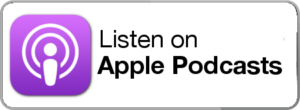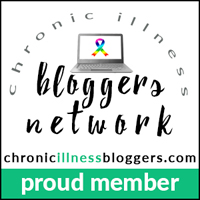The other evening I attended a session at San Francisco’s Commonwealth Club called, “Assistive Technology for Older Adults.” I was drawn to this because many of the people in the support group I facilitate are older adults AND much of what is marketed toward seniors can help people with certain chronic health conditions.
The panelists discussed the trend toward patients having the ability to communicate via email with their physicians. Kaiser Permanente already has this in place but apparently other health care providers are somewhat reluctant; the panelists said the reluctance is due to the expensing of the physician’s time.
Something I was unfamiliar with is electronic pill boxes or Medication Management Systems; prescription pills automatically dispensed at the right time and the right amount. Apparently these are very helpful for people with Alzheimer’s. Personal emergency response systems and sensors for detecting falls were also discussed. I know very little about these products so I don’t want to elaborate until I learn more. Here are three tips mentioned to prevent falls:
- Improved lighting
- No rugs
- Raised toilet seat
One panelist represented a local software company that produces applications to increase brain health. Apparently these brain fitness programs are all the rage; insurance companies are purchasing them for their clients.
It was something of an epiphany for me. I’ve been an advocate of lifelong learning; after all, I am pushing 50 and poised to get my doctoral degree soon. But, I’ve not really considered the cognitive/mental aspects of self-management when living with a chronic health condition. Of course we want to continue to challenge ourselves intellectually and creatively as part of our self-health regimen.




